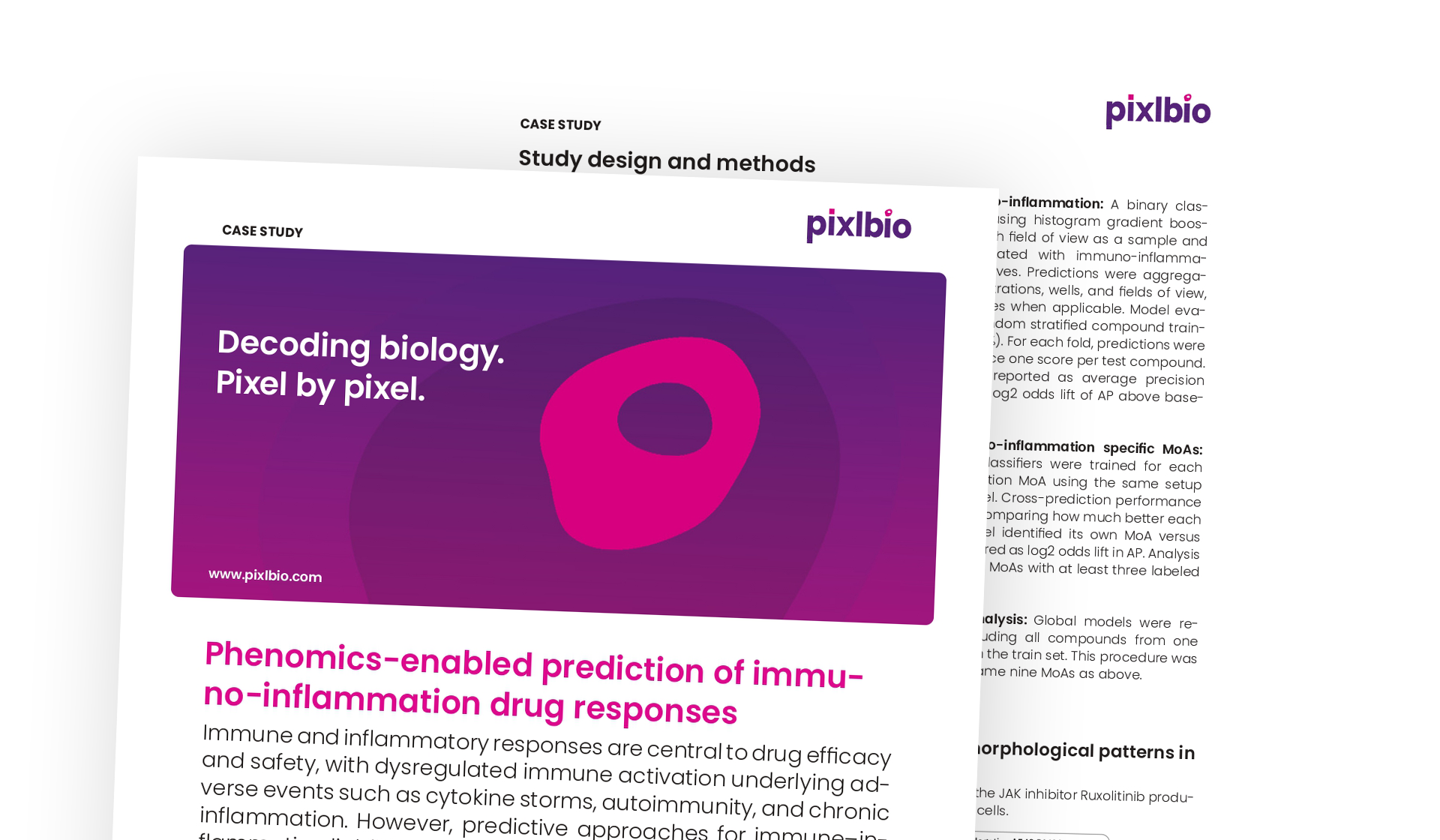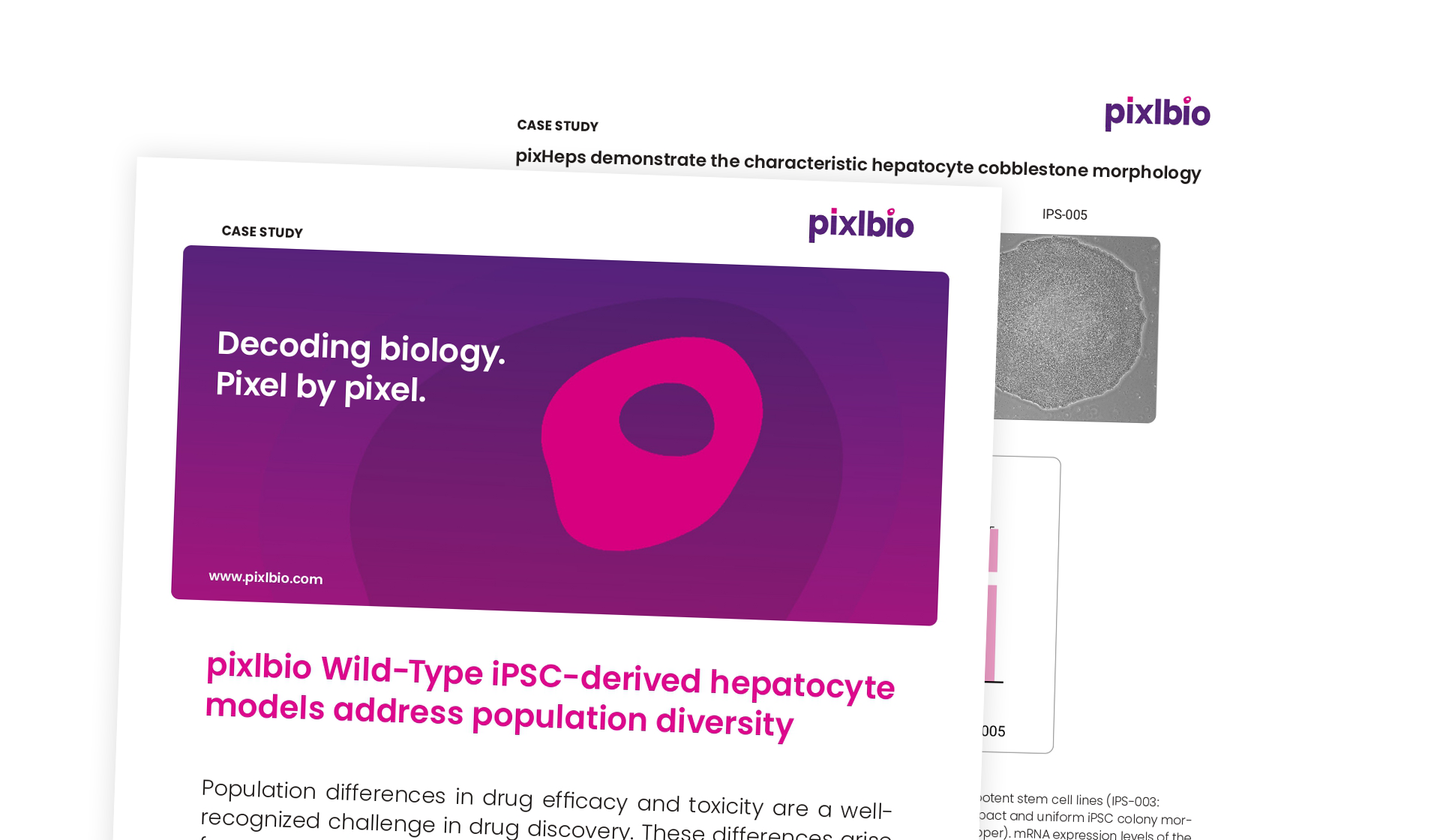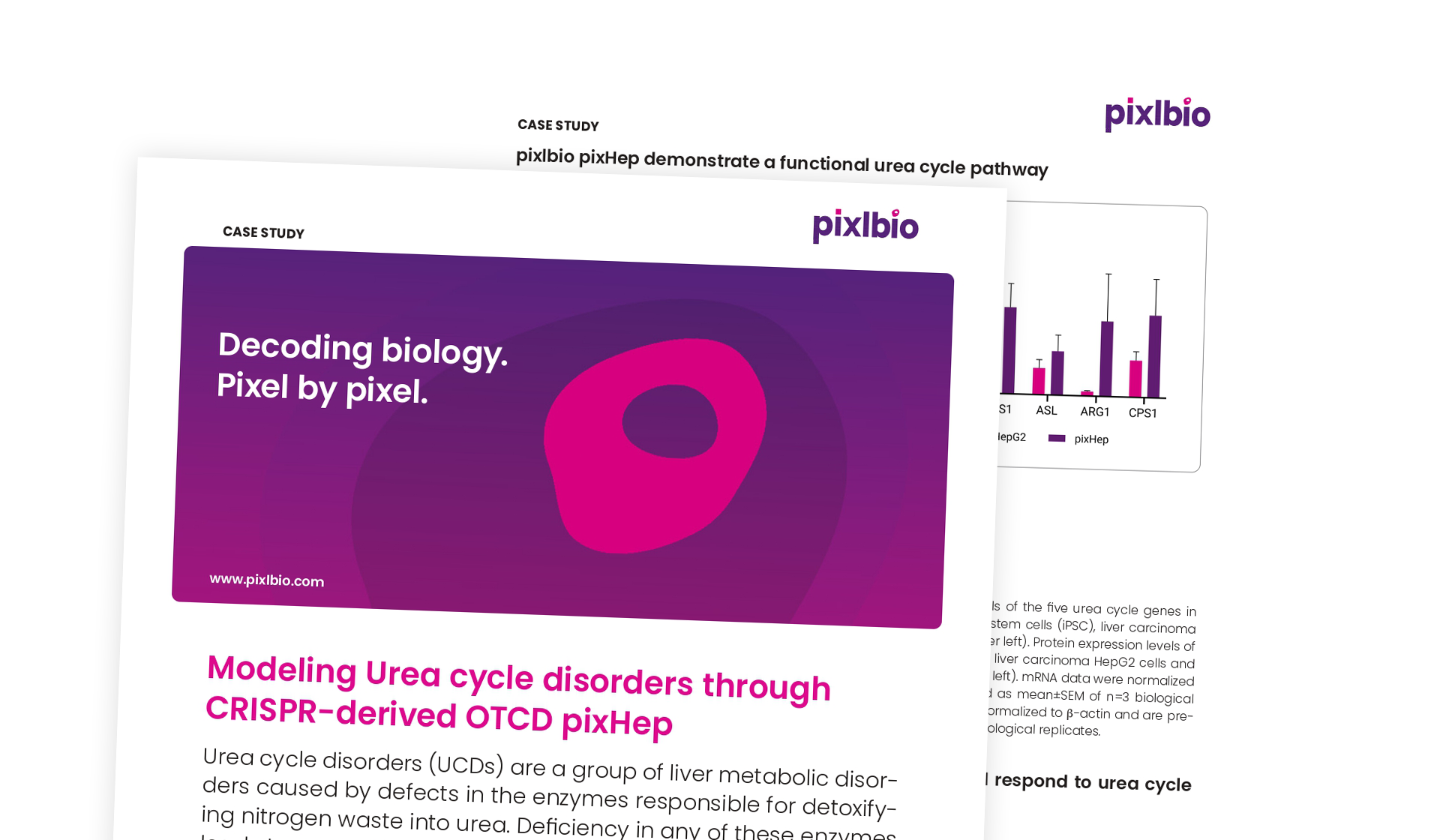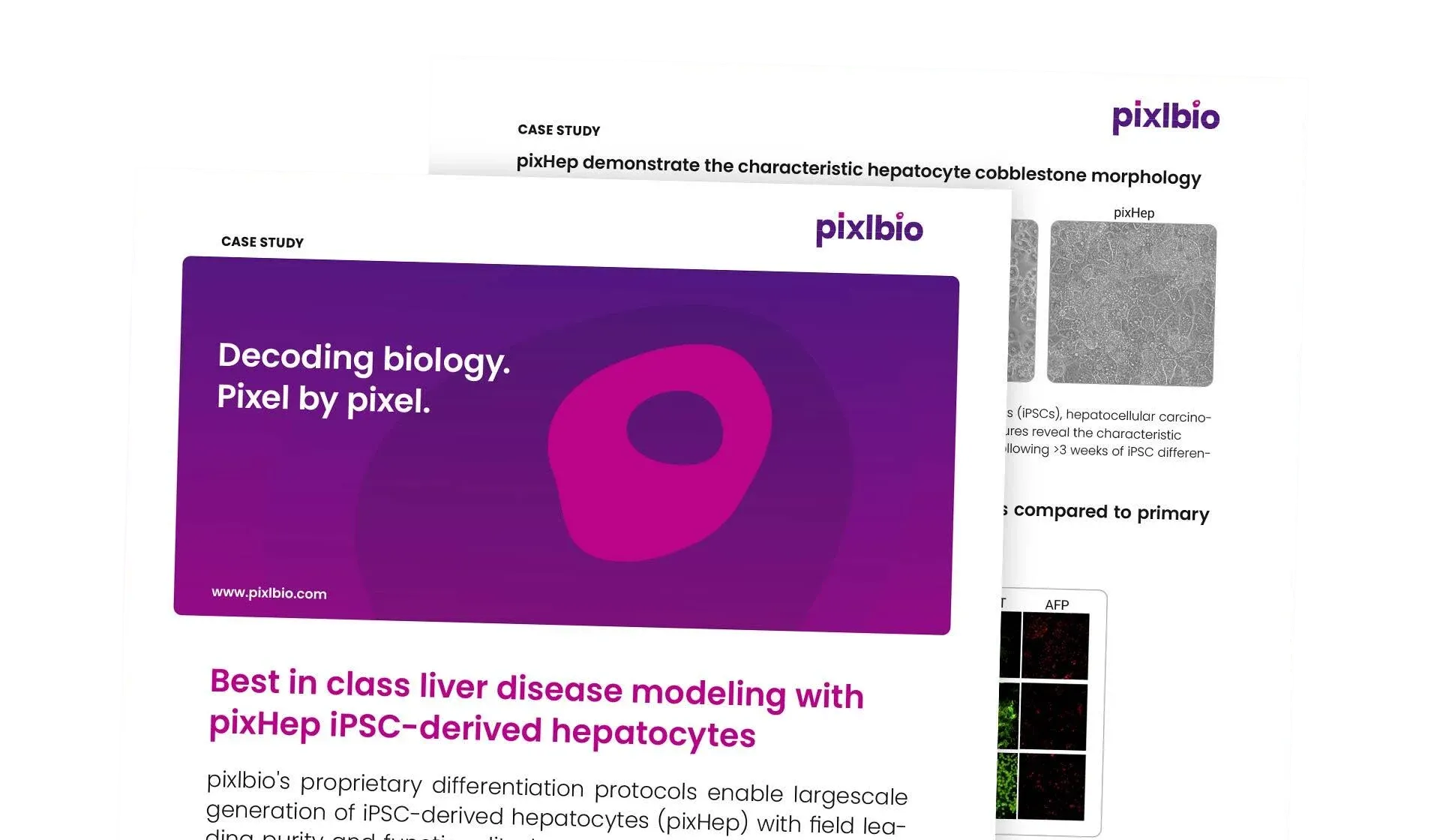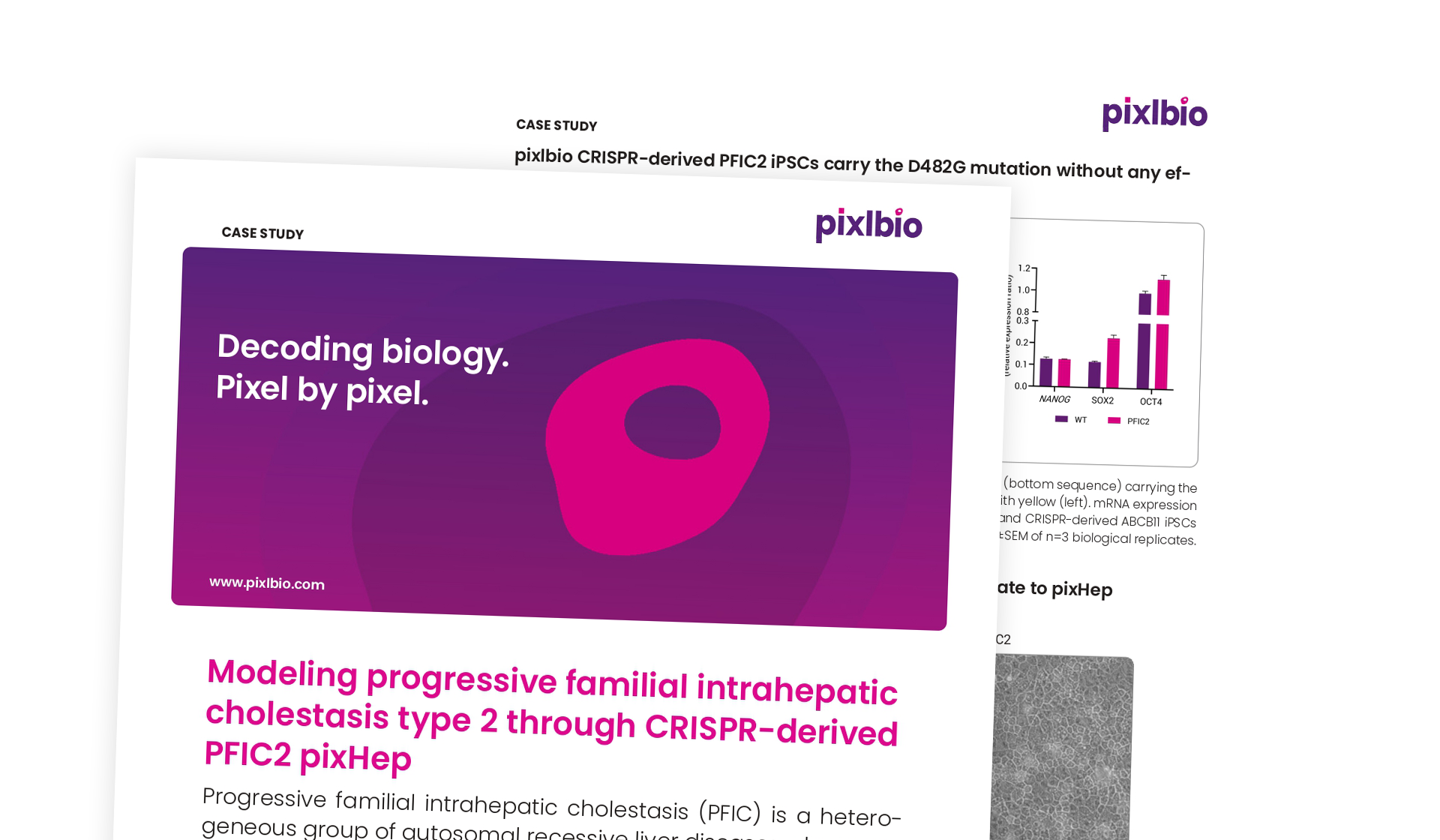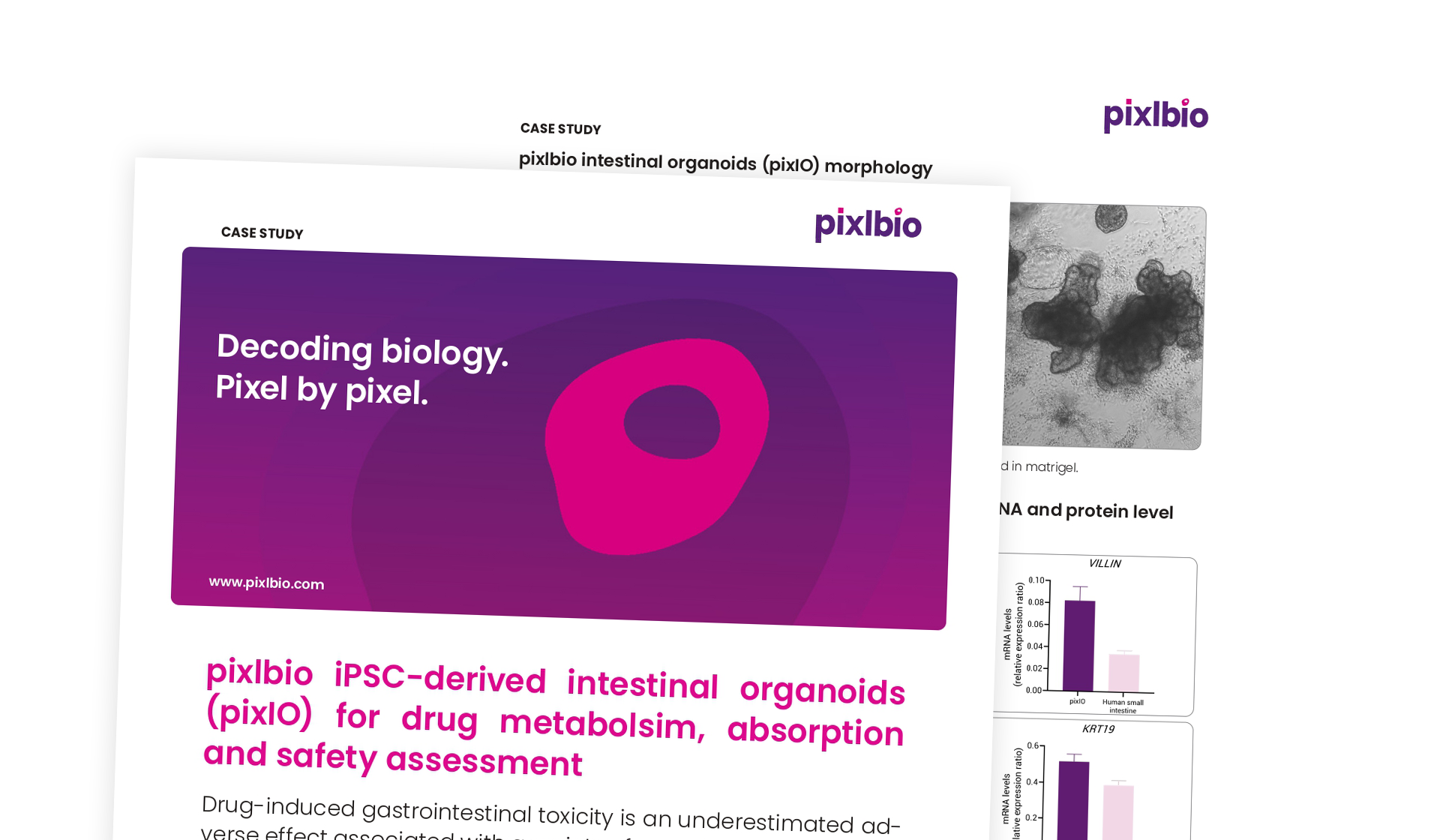Modelling Familial Hypercholesterolemia (FH) through CRISPR-derived LDLR pixHep


Familial hypercholesterolemia (FH) is a common inherited genetic disease with an estimated prevalence of 1 in 250 individuals. It is caused by pathogenic variants regulating the low-density lipoprotein (LDL) cholesterol plasma levels, with the majority of them identified at the low-density lipoprotein receptor (LDLR) genomic locus. Elevated LDL cholesterol accumulates in tissues, often leading to atherosclerosis and cardiovascular disease from a young age. Although certain drugs (e.g., statins, bile acid sequestrants) and lifestyle modification can alleviate some of the FH symptoms, a significant number of patients still cannot achieve optimal LDL levels. At pixlbio we have developed a novel iPSC derived hepatocyte system that recapitulates the human FH phenotype in-adish, offering an effective pre-clinical disease model for the large-scale screening of novel FH-related therapies.


